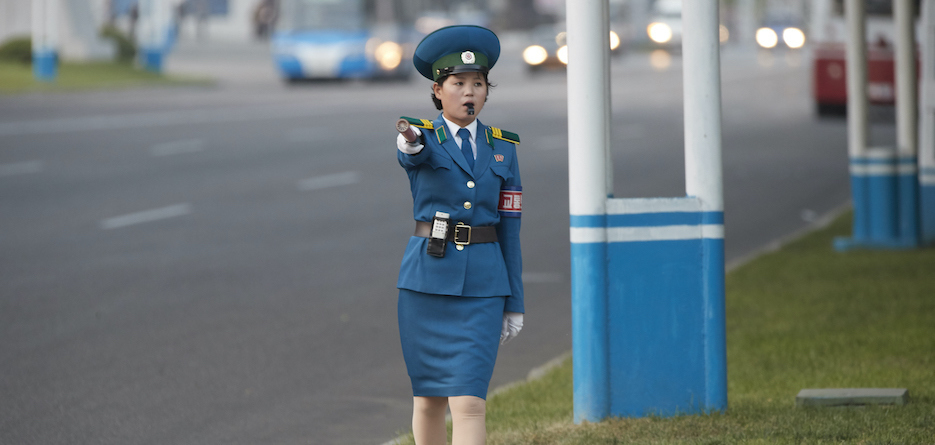How a minority opinion hijacked the narrative about the ‘anti-leaflet’ law
There’s nothing sinister nor remarkable about trying to stop leafleting to North Korea
NK News (file photo) | A woman directors traffic in Pyongyang, Oct. 1, 2016
The following article is an opinion piece by human rights attorney Su-mi Jeon. Views expressed in opinion articles are exclusively the author’s own and do not represent those of NK News.
The following article is an opinion piece by human rights attorney Su-mi Jeon. Views expressed in opinion articles are exclusively the author’s own and do not represent those of NK News.
Become a member for less
than $5.75 per week.
Unlimited access to all of NK News: reporting, investigations, analysis
The NK News Daily Update, an email newsletter to keep you in the loop
Searchable archive of all content, photo galleries, special columns
Contact NK News reporters with tips or requests for reporting
Get unlimited access to all NK News content, including original reporting, investigations, and analyses by our team of DPRK experts.
Subscribe now
All major cards accepted. No commitments – you can cancel any time.
© Korea Risk Group. All rights reserved.
No part of this content may be reproduced, distributed, or used for
commercial purposes without prior written permission from Korea Risk Group.

